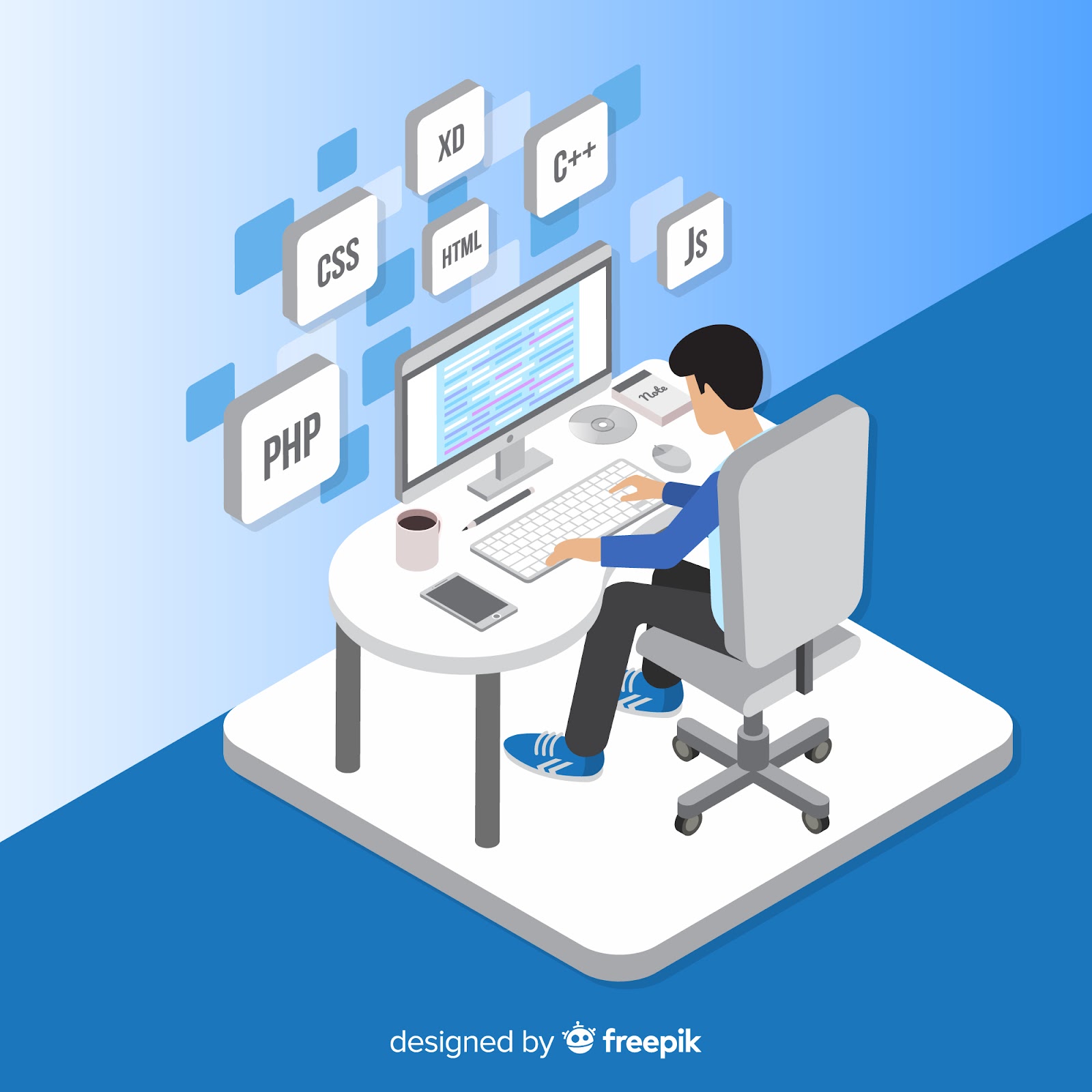Consumers in the fast-paced digital terrain of today want quick, consistent service across all media. Response time and quality of assistance can either strengthen or destroy a customer’s loyalty depending on the question, related to a product, a service, or a technical malfunction. Software helpdesk services then find use in this regard. These systems are meant to simplify customer support processes so that companies may quickly, precisely, consistently provide outstanding services.

Software helpdesk solutions are changing quickly as more businesses migrate to cloud-based platforms and remote work models to combine artificial intelligence, automation, and advanced analytics to rethink the support experience. The main advantages of implementing such technologies, their relevance for contemporary companies, and how they might change your customer service infrastructure are investigated in this paper.
Definition of Software Helpdesk Services
Software helpdesk services are platforms or systems that consolidate, automate, and oversee customer support chores. These programs track issue resolution, route incoming support tickets to the relevant departments, and provide self-service portals to consumers.
Frequently cloud-based, they provide live chat, knowledge bases, automatic ticketing, SLA tracking, CRM and communication tool integration. Beyond answering basic questions, these systems today provide insights via AI-powered analytics, helping businesses to see trends, track agent performance, and project future assistance needs.
Many helpdesk solutions also feature a technical support desk component, enabling IT personnel to handle internal support chores including password resets, network problems, and hardware troubleshooting with the same efficiency as outside client inquiries.
Advantages of Software Helpdesk Services
Let us now explore the main benefits companies get from implementing contemporary helpdesk systems.
1. Centralized Interchannel Communication
Managing customer service can get messy with emails, live chat, phone, and social media distributed all around. Offering a consistent inbox for all support inquiries, a helpdesk system centralizes these exchanges. This guarantees that every question is registered, monitored, and handled correctly and that no ticket slips through the gaps.
Agents can also examine consumer history across several platforms in one location, therefore enabling more educated and tailored answers.
2. Greater Efficiency and Faster Response Times
Customer assistance depends on speed. Assigning tickets depending on kind of issue, priority, or agent expertise, a software helpdesk automates the ticketing process. AI chatbots, scripted responses, and auto-responses answer repeated questions so freeing agents to concentrate on difficult problems.
Faster response times, better first-contact resolution rates, and higher customer satisfaction follow from these time-saving tools.
3. Streamline Workflow:
The foundation of helpdesk systems is automation, which streamlines workflow. It lets companies create policies and procedures that automatically classify, rank, and route tickets. Technical support desk questions requiring IT security, for instance, can be directed to a particular team; product inquiries travel elsewhere.
This simplification guarantees that top priorities get quick attention, increases team output, and lowers human error.
4. Reporting and Real-Time Analysis
Generating in-depth reports on support metrics is one of the main advantages of contemporary software helpdesk solutions. Track:
- Ticket count across time.
- Agent times of reaction and resolution.
- SLA observance
- CSAT ratings for customer satisfaction
Finding bottlenecks, maximizing workforce levels, and enhancing general service quality all depend on these realizations.
5. Perfect Integration Using Other Corporate Tools
Helpdesk systems fit perfectly with CRM systems, project management tools, and communication apps like Slack or Microsoft Teams. This interconnectedness guarantees that support agents have whole background on customer profiles, past encounters, and present problems.
Such integration lets support staff work more closely with other departments and results in a more complete perspective of the customer journey.
Modern Features Changing the Rules
Current helpdesk systems have developed well beyond simple ticketing systems. These fresh capabilities transforming the customer support experience are:
- AI-Powered Chatbots: These bots answer instant questions 24/7, therefore relieving live agent of some of their job.
- Self-Service Portals: Without calling assistance, consumers can follow ticket status, access a knowledge base, or view FAQs.
- Mobile Accessibility: Perfect for hybrid and remote work contexts, mobile apps let support workers manage tickets from anywhere.
- Multilingual Support: Improves user satisfaction by allowing worldwide companies to service clients in their preferred languages.
Read More: Multi-Channel Software Support
The Fit of a Technical Support Desk
A technical support desk is also quite important for companies whose internal support demands call for. It centers on enabling staff members to promptly address IT-related problems ranging from hardware failures and software defects to login problems.
Businesses can apply comparable efficiency to their internal operations by employing the same helpdesk software handling consumer inquiries. This helps IT teams clearly manage their workload, lowers downtime, and raises staff output.
Who Should Use Software Helpdesk Services?
Virtually every business that values customer experience or operates in a digital environment can benefit from helpdesk solutions. Here are some examples:
Businesses That Benefit Most:
- E-commerce Stores: Handle high volumes of post-sale queries efficiently.
- SaaS Companies: Manage onboarding, bug reports, and feature requests.
- Healthcare Providers: Offer secure patient support and appointment handling.
- Educational Institutions: Support student, parent, and faculty communication.
- IT Companies: Run both external customer and internal tech support through a single platform.
Important Factors Affecting Selection of Helpdesk Services:
These elements should guide your choice of a software helpdesk solution:
- Scalability: Can your company help it to flourish?
- User Interface: Is it easy for the customers to use?
- Customizing: Could you fit it to your process?
- Security: Does your data follow standards and is safeguarded?
- Availability: Does the supplier give 24/7 support?
Making the correct helpdesk software investments will save time, save running costs, and greatly increase client loyalty.
Learn more about other contact center solutions services
Conclusion:
Choosing to use software helpdesk services is about developing trust, scaling with simplicity, and providing consistent service experiences that keep customers returning not only about more effectively managing customer support. Modern helpdesks are reinventing what it means to service consumers in a digital age from real-time data to automation and AI-powered replies.
Businesses can attain complete spectrum assistance by matching internal support systems such as the technical support desk with exterior customer service tactics, therefore enhancing both customer happiness and employee performance.
Now is the time to investigate what helpdesk software can accomplish for your company if you still depend on antiquated systems or hand-written procedures.



